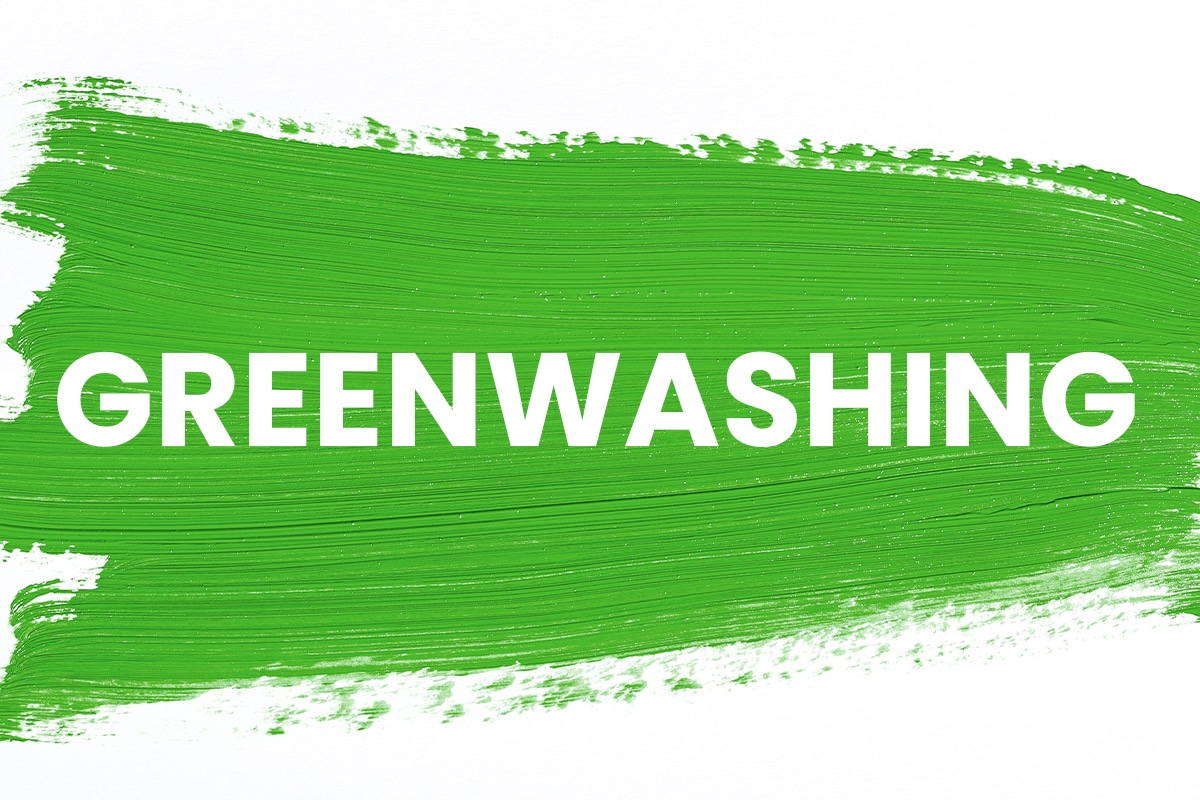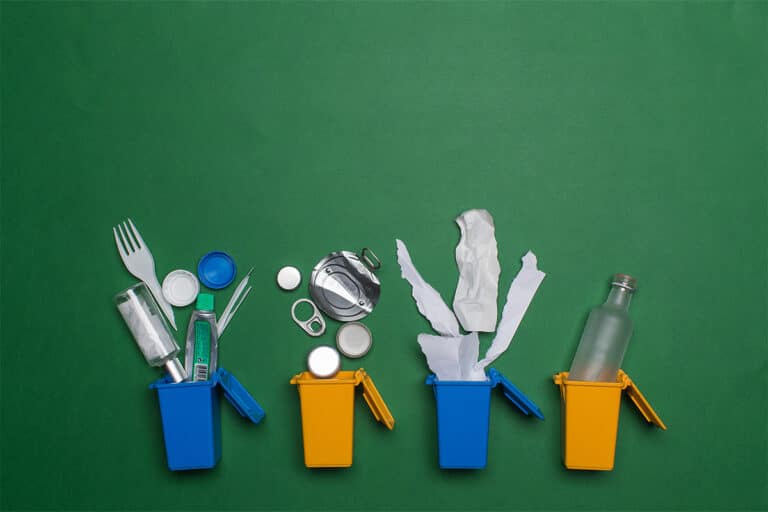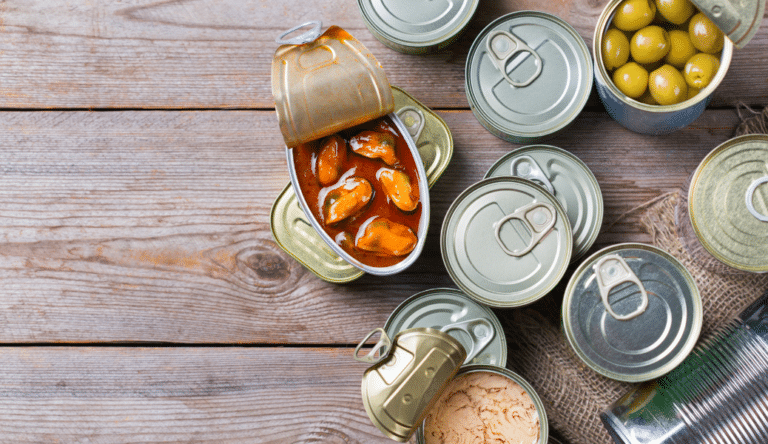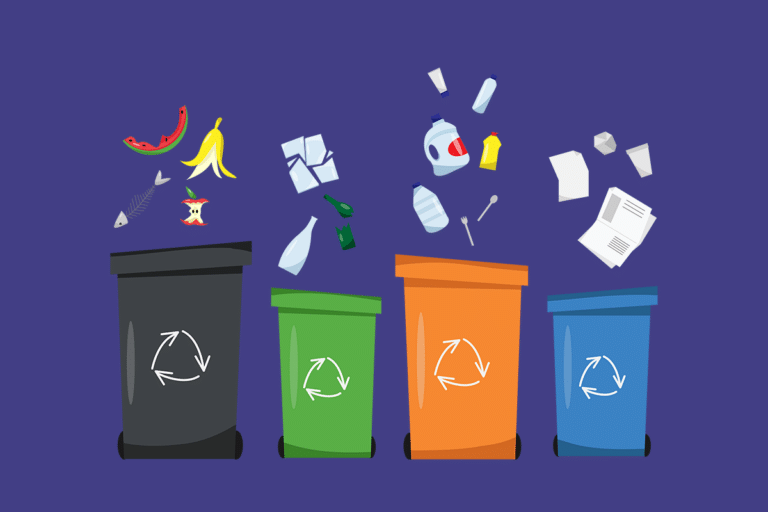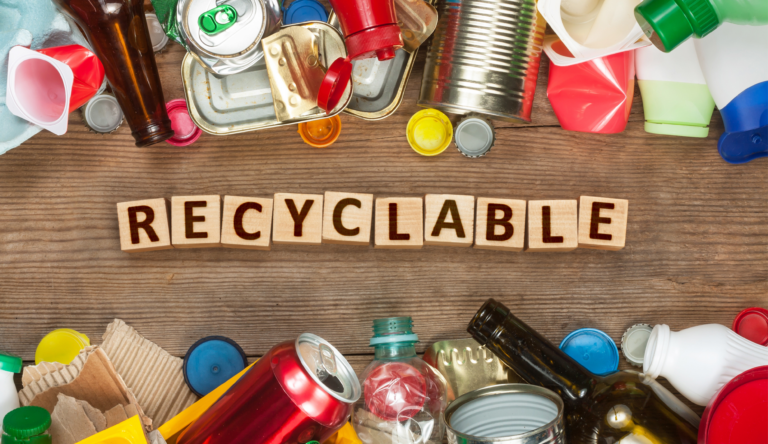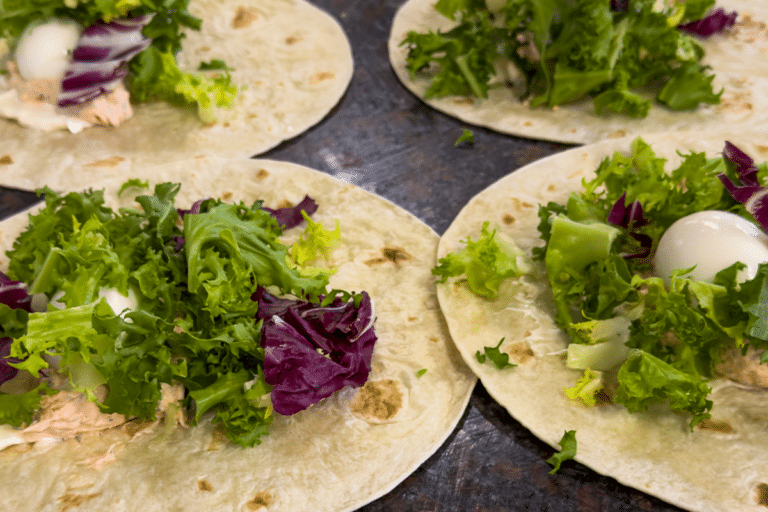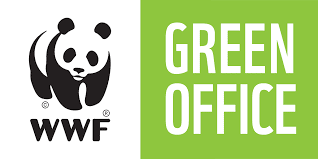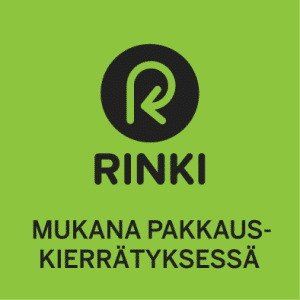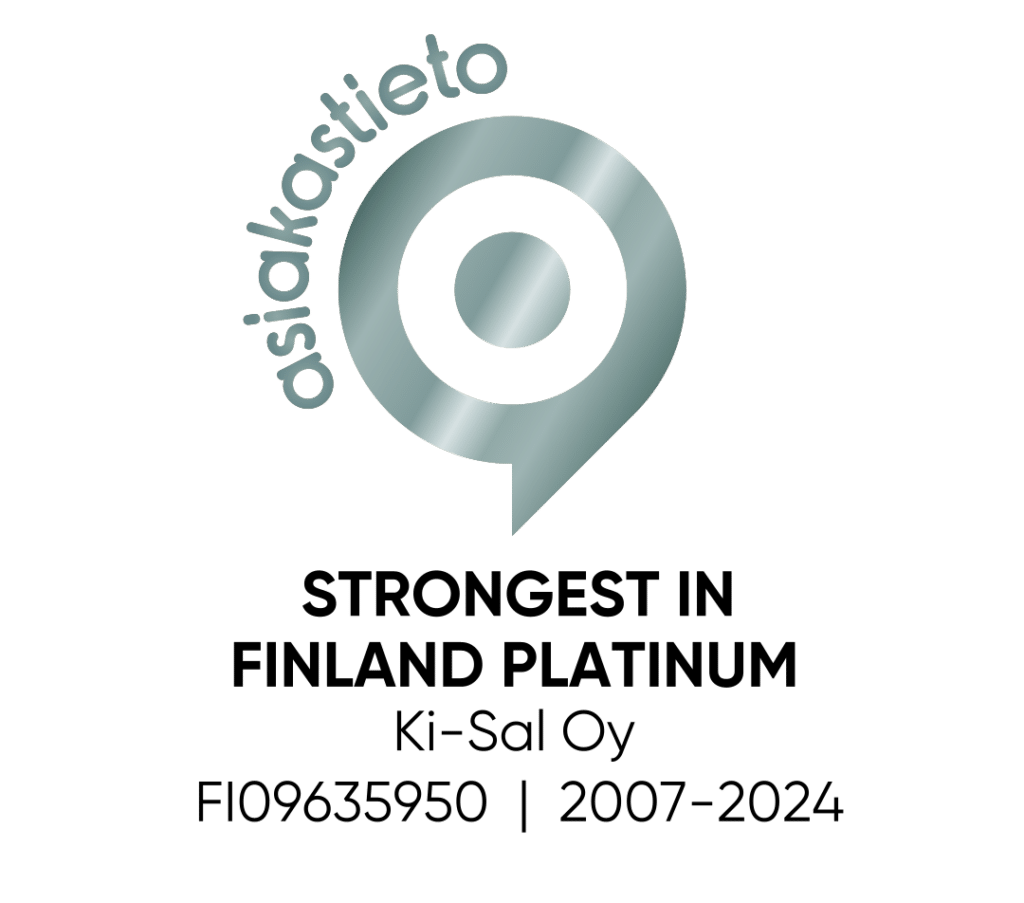Greenwashing banned in EU
What is greenwashing?
Greenwashing is misleading marketing, where a company or organization creates the illusion of being environmentally friendly without taking real and significant green actions. For example, greenwashing is when a company advertises a particular product using misleading or inaccurate claims, such as “eco-friendly” or “sustainable”, without proper certification or proof. Greenwashing can mislead consumers and make it difficult to choose real sustainable alternatives.
EU bans greenwashing
On 17 January 2024, the European Parliament adopted a directive banning greenwashing and misleading product claims. The directive aims to protect consumers from misleading marketing and help them make better purchasing decisions.
In future, the use of misleading environmental claims without evidence will be banned. The aim is to make product labelling clearer and more reliable. In addition, a product cannot be advertised as environmentally friendly on the pretext that the company has offset the product’s emissions. Sustainability labelling will also be regulated. In future, only sustainability labels based on recognized certification schemes or approved by public authorities, such as the Swan label or the Key flag, will be allowed on products. The company’s own sustainability labels will not be allowed.
The directive also aims to raise awareness among producers and consumers about the sustainability of goods. Warranty information must be more visible in the future and products with a longer warranty period will have a new label of their own. The new rules will also ban unsubstantiated sustainability claims, such as claims that a washing machine will last 5,000 cycles when this is not the case in normal use. The directive also bans calls to replace consumer goods before it is necessary. For example, printers automatically prompt you to replace ink cartridges even is there is ink left for several uses.
The directive still must be formally adopted by the EU Council and then published in the EU’s Official Journal, after which Member States have 24 months to transpose it into national law.
The new directive is intended to work in conjunction with the Green Claims Directive currently under preparation.
Responsibility in action
At Ki-Sal Oy, we want to take care of people and the environment by working with suppliers who have the necessary certifications. We closely follow developments in the industry and changes in legislation, and actively share information about materials and recycling with our customers.
